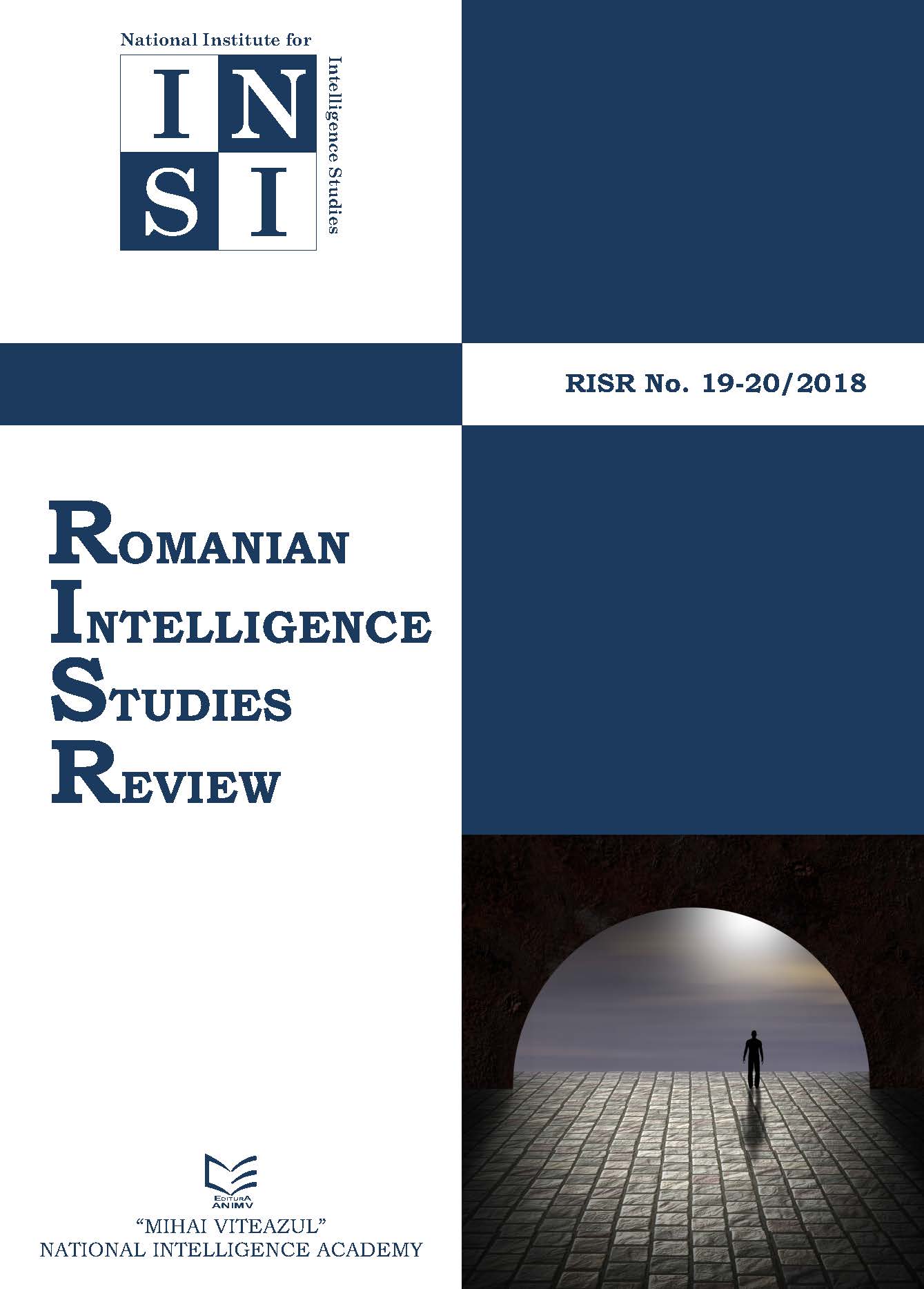THE IMPACT OF LEISURE TIME POLICIES ON ECONOMIC SECURITY
THE IMPACT OF LEISURE TIME POLICIES ON ECONOMIC SECURITY
Author(s): Ileana-Cinziana SurduSubject(s): Social Sciences, Sociology, Applied Sociology
Published by: National Institute for Intelligence Studies
Keywords: Leisure time; leisure time policies; economic security; working time; individual economic security; state economic security;
Summary/Abstract: The economic security implies both the objective and the subjective perspectives, both the individual and state aspects, and it is dependent to the stability of the economy, as a result of adapting to the society’s needs and evolutions in the context of labour market, opportunities, risks or competitiveness. The economic security represents an important aspect of the state’s security status. As such, it becomes a field analysed in relation to social vulnerabilities and emergent changes at individual, the community and the society level. The contemporary societies, and especially young people, manifest the need for individual leisure time, for free non-working time in order to do the activities they desire or plan, for spending time with the significant ones and so on. The new generation has replaced the past years’ generations, for whom the working time represented the central aspect of their lives; the new generation values the leisure time, both the qualitative and the quantitative aspects. A paradox is met here: while trying to escape from the institutional limits of time schedule implied by a working program, the leisure time is managed by leisure industries. In order to keep its functional aspect and to continue to follow a progressive process, the labour market has to adapt to the new generation’s needs and desires in relation to the flexibility of their working schedule and to the stable character of the working place. Economic security implies the protection from job and income instability, among other aspects like insurance etc. It is seen as “a public good”. The study considers the life standards perspective of the economic security concept, defined through individual and community dignity and fulfilment, in relation to the leisure time policies of the working place. The article analyses the degree in which the leisure time policies have an impact over the economic security of the individuals, defined through the subjective and objective perspectives. The analysis reflects on leisure time policies and actions implemented by institutions and employers, in order to respond to the employees’ demands regarding the working schedule, the flexibility of working time and also the stability of the job.
Journal: Romanian Intelligence Studies Review
- Issue Year: 2018
- Issue No: 19-20
- Page Range: 419-432
- Page Count: 14
- Language: English

